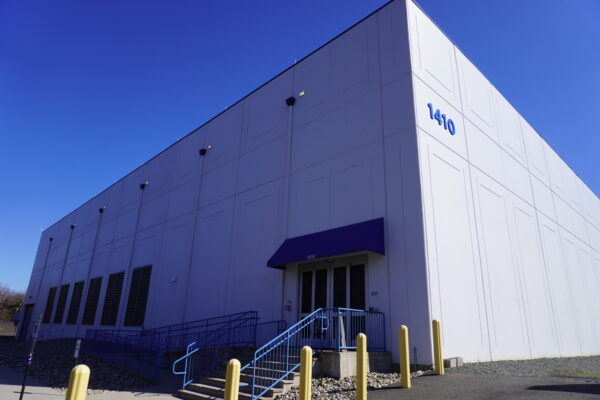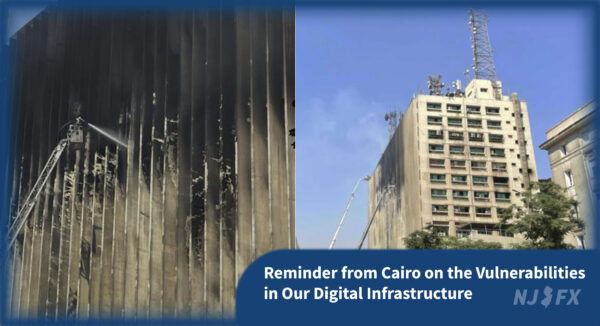
A Sobering Reminder from Cairo on the Vulnerabilities in Our Digital Infrastructure
Red Sea conflict threatens Key Internet Cables. Maritime attacks complicate repairs on underwater cables that carry the world’s web traffic.
Efforts Aimed at Getting the Other Half of the World Online
March 29, 2021
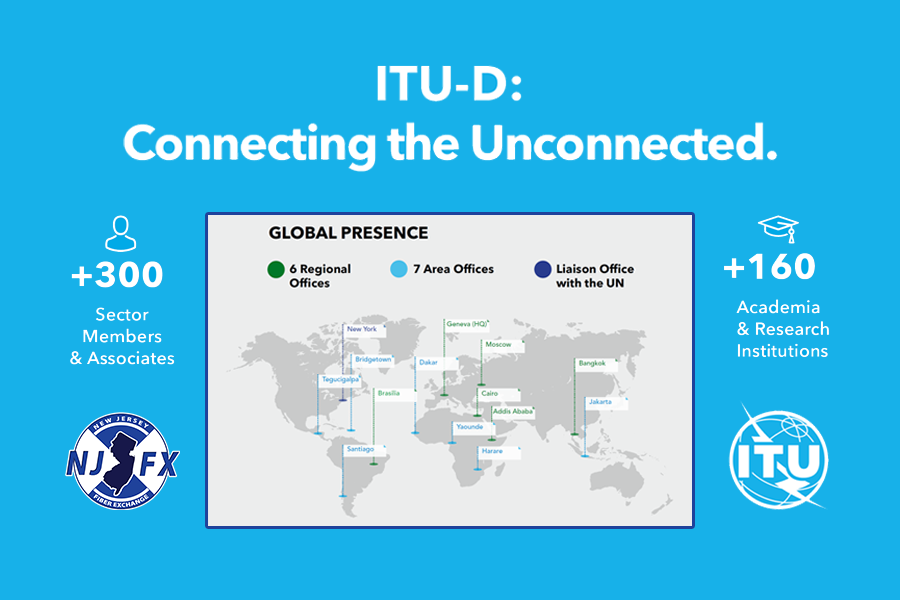
Wall Township, NJ – March 29, 2021 – NJFX, the only Cable Landing Station (CLS) colocation campus in the U.S offering Tier 3, carrier-neutral data center capabilities, today announced that it will join the International Telecommunications Union (ITU) to help bring connectivity to underserved areas. There are about 7.8 billion people in the world, and according to the ITU, 3.7 billion of them remain unconnected to the internet, representing nearly half the world’s population. NJFX is proud to join in this effort and recognizes that increasingly, internet access is becoming just as important as vital utilities like electricity and water.
The ITU is the United Nations’ specialized agency for information and communication technologies. NJFX has received federal approval to become an ITU Development (ITU-D) Sector member and has been officially confirmed to the group.
“NJFX is proud to be an ITU-D Sector member and bring awareness and expertise to this critical need of getting the rest of the world internet access, wherever they live and whatever their conditions, online,” comments Gil Santaliz, NJFX Founder and CEO. “To become a Sector member, we received U.S. Department of State scrutiny and approval. We are appreciative of our membership status with the ITU as they strive to improve access to information and communication technologies (ICTs) to underserved communities worldwide.”
NJFX currently has some of the world’s largest Tier 1 IP providers colocated at its CLS Campus including Altice, Cogent, Lumen (formerly known as CenturyLink), Hurricane Electric, Tata, Telia, Verizon and Zayo. NJFX is also now coordinating with the largest U.S. eyeball networks to deleverage New York City for critical content delivery. In addition to providing connectivity where it’s needed, access to content, including to major U.S. financial institutions, needs to be available during times of manmade or natural disasters. Availability has societal benefits and needs to always be a click away.
The Telecommunication Development Sector (ITU-D) fosters international cooperation to provide the creation, development and improvement of telecommunication equipment and networks in developing countries. ITU-D also facilitates and enhances telecommunications development by offering, organizing and coordinating technical cooperation and assistance activities.
In November, the global effort will convene for the World Telecommunication Development Conference, in Addis Ababa, Ethiopia to set the stage for the next phase of objectives in this initiative. NJFX looks forward to following the conversation, developments and helping to drive advancements globally.
To learn more about the ITU, click here. To learn more about NJFX’s global ecosystem, visit https://njfx.net/ecosystem-of-carriers/.
###
About NJFX:
NJFX is a Tier 3 Carrier Neutral Cable Landing Station campus. Our colocation ecosystem has expanded to over 35 network operators offering flexibility, reliability, and security. Our Wall, NJ location provides direct access to multiple subsea cable systems giving our carriers diverse connectivity solutions and offers direct interconnection without recurring cross-connect fees.

Red Sea conflict threatens Key Internet Cables. Maritime attacks complicate repairs on underwater cables that carry the world’s web traffic.

Red Sea conflict threatens Key Internet Cables. Maritime attacks complicate repairs on underwater cables that carry the world’s web traffic.

Red Sea conflict threatens Key Internet Cables. Maritime attacks complicate repairs on underwater cables that carry the world’s web traffic.
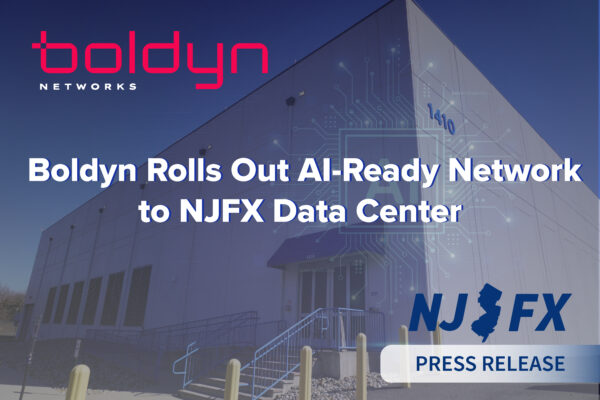
Red Sea conflict threatens Key Internet Cables. Maritime attacks complicate repairs on underwater cables that carry the world’s web traffic.
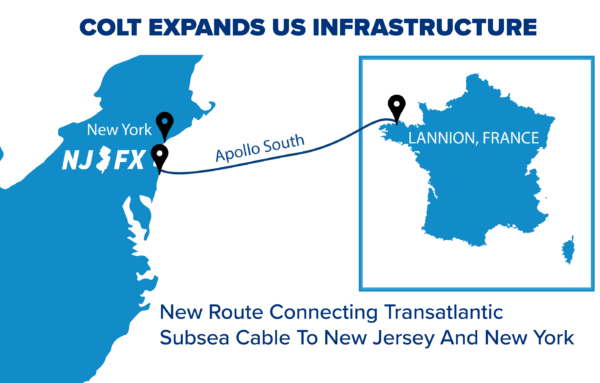
Red Sea conflict threatens Key Internet Cables. Maritime attacks complicate repairs on underwater cables that carry the world’s web traffic.
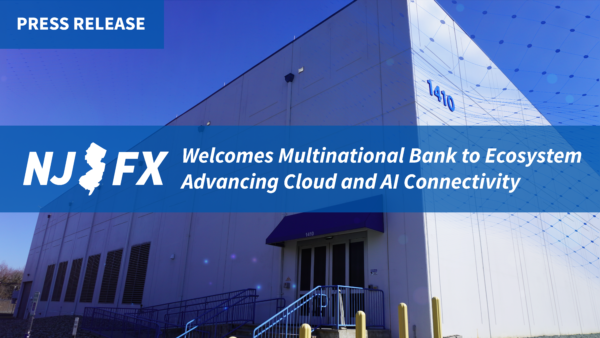
Red Sea conflict threatens Key Internet Cables. Maritime attacks complicate repairs on underwater cables that carry the world’s web traffic.

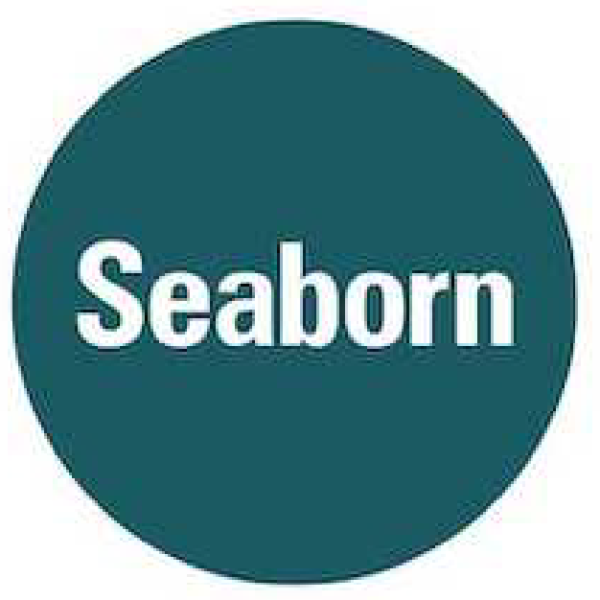
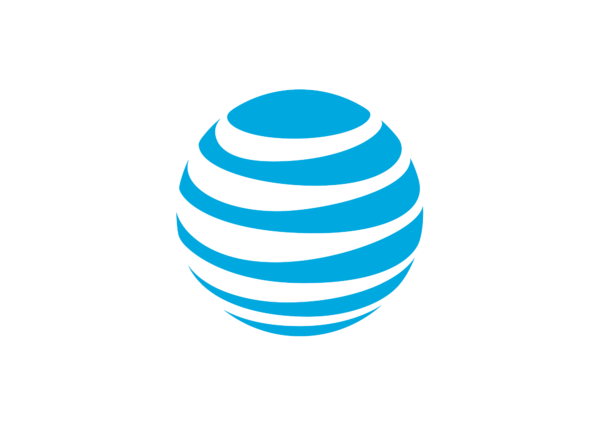






Experience the flexibility, reliability, and security yourself
